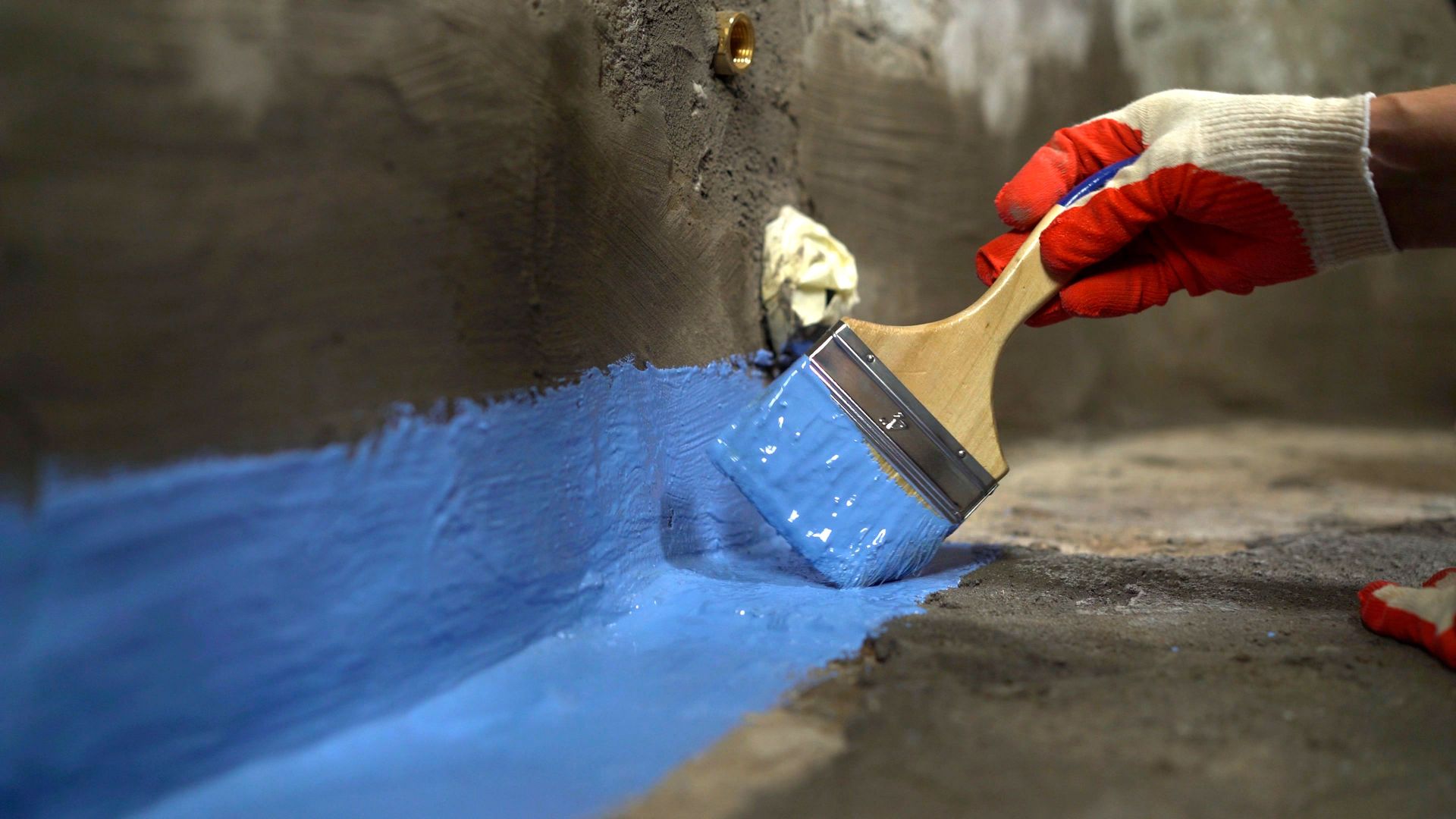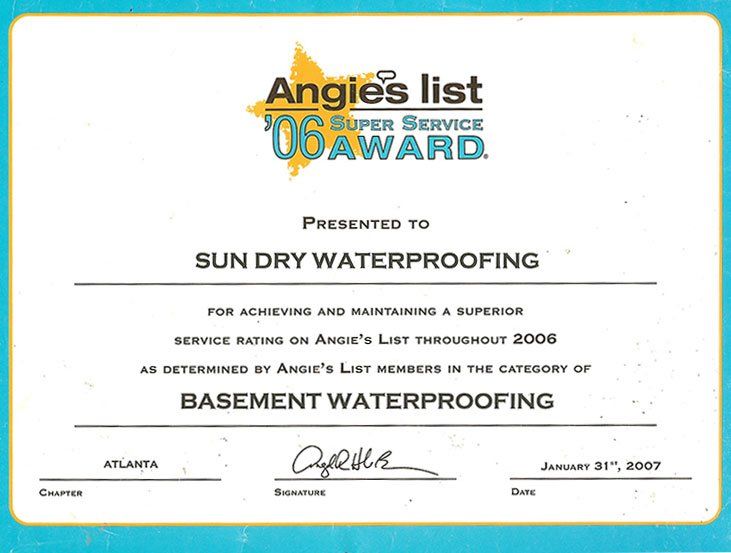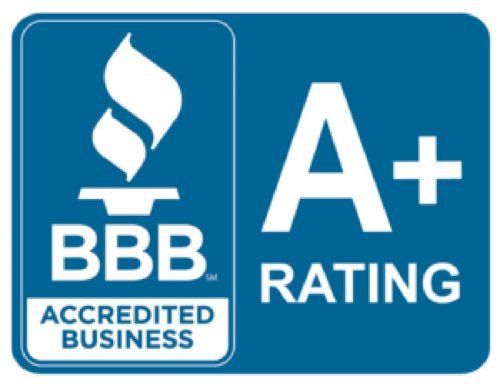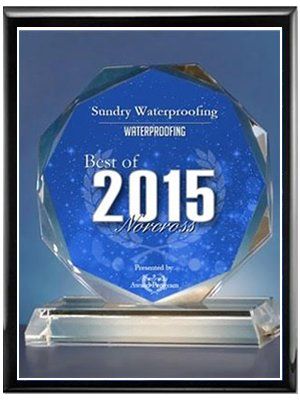Blog
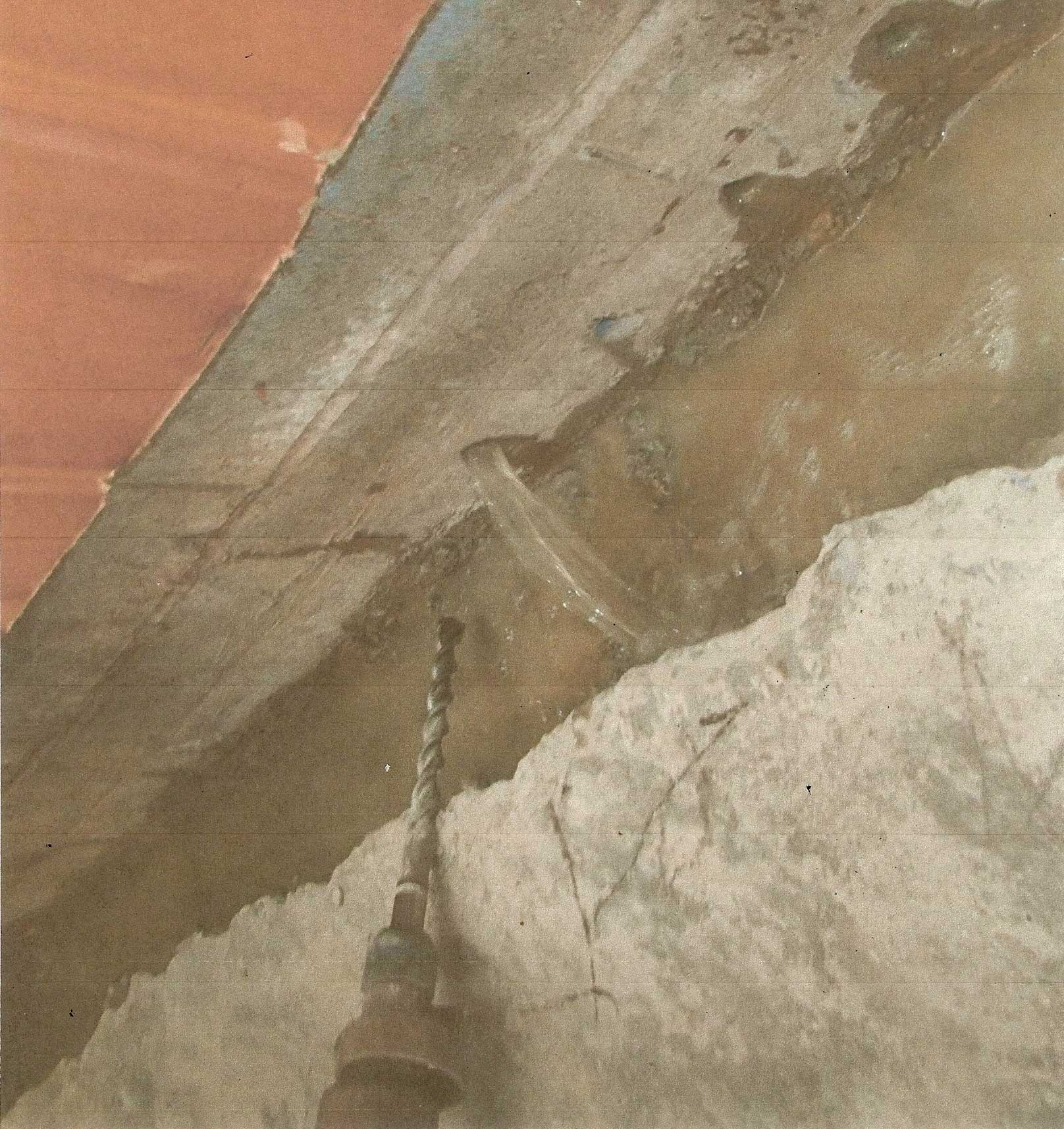
You can walk down the isle of any hardware store in any town and find a hundred methods, solutions, and quick fixes for waterproofing your basement. Each and every one of them may work for a period of time. The one condition that these methods do not take into account is pressure. Pressure exerted by the water is what causes it to flow into our homes. Hydrostatic pressure and lateral pressure force the water to move somewhere—often into our basements. At Sundry Waterproofing, we offer permanent solutions for waterproofing your basement and keeping it dry once and for all. There are several main types of basement waterproofing methods. Interior sealants and coatings found in hardware stores repair cracks only for a matter of time—until water pressure breaks the seal. People often go this route because it’s easy and affordable. The problem is it is only temporary.
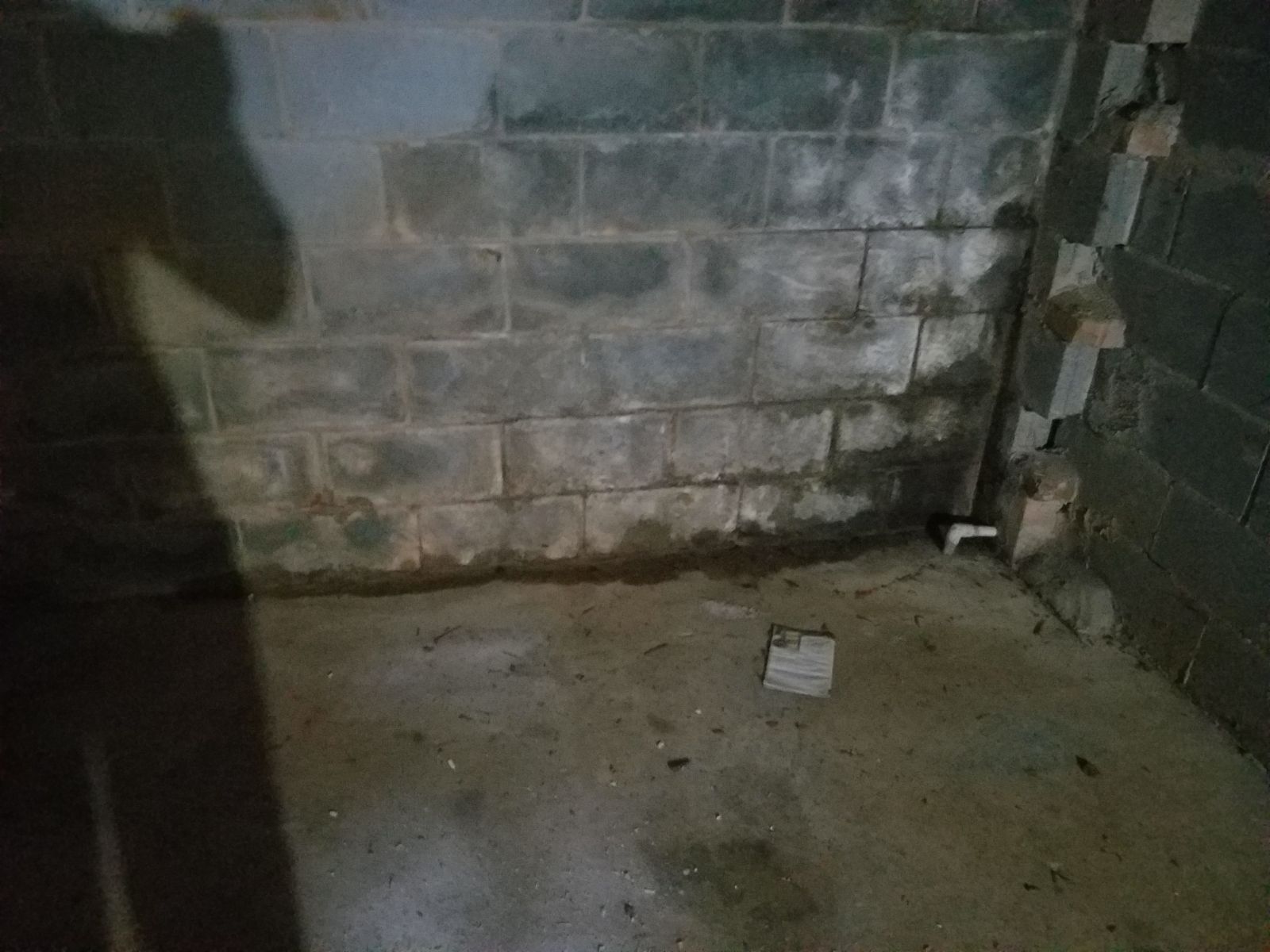
You’ve found water in your basement and now you’re looking for a solution. You may have already called a local waterproofing contractor to get an estimate for your wet basement and the shock of the cost may have sent you directly to your local home center to find a more cost effective solution to fix it yourself. The most common do-it-yourself basement waterproofing products available in home centers are waterproofing paints. This cheap, easy to apply fix peaks the interest of my homeowners looking to waterproof their basement without the big cost of hiring a PRO, but does it work? Will it last? Can it actually waterproof your basement? Well, lets break it down… Pros of Waterproofing Paints: Reduces fungal smells by creating an airtight shell over the surface of the basement walls. Lowers the radiation of humidity by locking the moisture behind the paint surface. Dampproofs the walls by preventing moisture from passing into the interior of the basement. Cons of Waterproofing Paints: Will not waterproof a basement – Waterproofing paints are designed to push hold or plug moisture, but it does not properly manage the water entering the basement, therefore, it is not a long-term solution to dry up a wet basement. Blistering and shelling – Paint rely on its bond to the wet surface and eventually that bond will way. Over time as the lime in the cement begins to get wet, a white efflorescence will begin to grow between the surface of the concrete and paint creating a large boil or blister, which flakes and shells off. May generate greater hydrostatic pressure – Block wall foundations have hollow cavities that build up with hydrostatic pressure when moisture is present. Waterproofing paints attempts to hold back moisture, which causes a deeper build up of water and causes greater pressure inside the wall. Bottom line: Waterproofing paints don’t waterproof your basement, but they will help reduce odors and lower the radiation of humidity in the basement.

